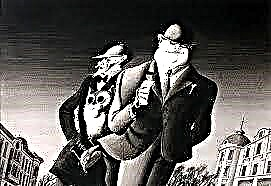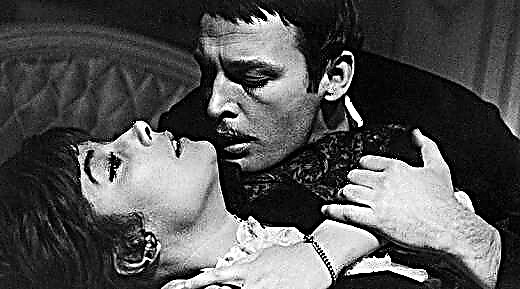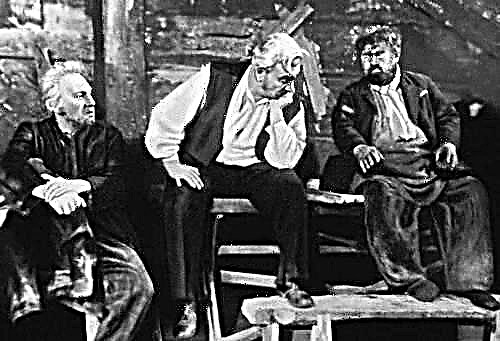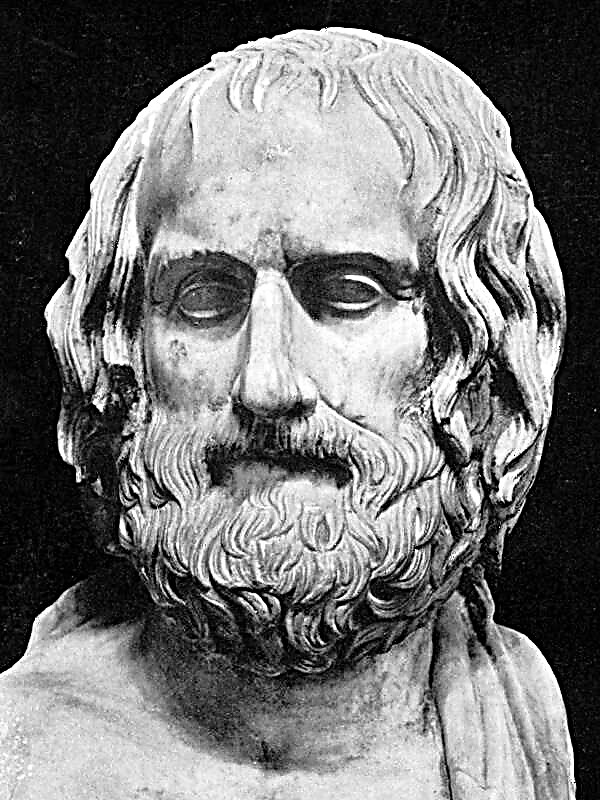Traitors existed, exist and will always exist, and this is very sad. Sometimes, even in the most difficult times for everyone - whether it be a peaceful life or a war - there is a person who puts personal profit above love, friendship, common ideas, people or the motherland. He will commit treason for the sake of his own comfort and safety, but he is unlikely to think about the consequences of his actions, which could lead him to death.
In my opinion, the answer to the question regarding the destructiveness of betrayal for the traitor himself is obvious. Of course, innocent people whom he sold for his own interests will suffer first of all from his act, but sooner or later he will realize that the reckoning for his actions is rather cruel for himself. For example, the most famous betrayal of all time was committed by Judas Iscariot, whom Mikhail Bulgakov called Judas from Kiriath in his novel “The Master and Margarita”. People remember him for about two millennia. The passion for money possessed him so much that he betrayed his Master, the tramp Yeshua. When Yeshua, at the direction of the traitor, was arrested by the authorities and brutally killed, Pontius Pilate was impressed by everything that happened. He ordered Judah to be killed for his meanness, and the next night the traitor was found stabbed to death. A good example of how the act of a traitor led him to death. His name became the personification of all traitors and has only one association, and for the twenty-first century in a row he is the owner of the shameful stigma.
Nikolai Vasilievich Gogol in his work “Taras Bulba” endowed with the qualities of the traitor the youngest son of the protagonist, Andriy. Having a soft and reasonable character than that of his brother Ostap, Andriy “didn’t chop off his shoulder”, living in his heart, but not in the best sense of the word. Most clearly, he saw and wanted to see his own happiness and prosperity, betraying his homeland and family for the sake of his beloved panel, whom he called his homeland. The father, unable and unwilling to forgive his son for such a betrayal, utters the famous phrase: "I gave birth to you - I will kill you!" - and really kills his son.
Any traitor, pursuing the most selfish and personal goals, always punishes himself. Even if during his lifetime he will live in abundance and achieve his goal, he will never be forgiven for his deed neither by his relatives, nor friends, nor Homeland, nor himself. Sooner or later, villainy will lead him to death, and he will not be able to live peacefully or die peacefully.












